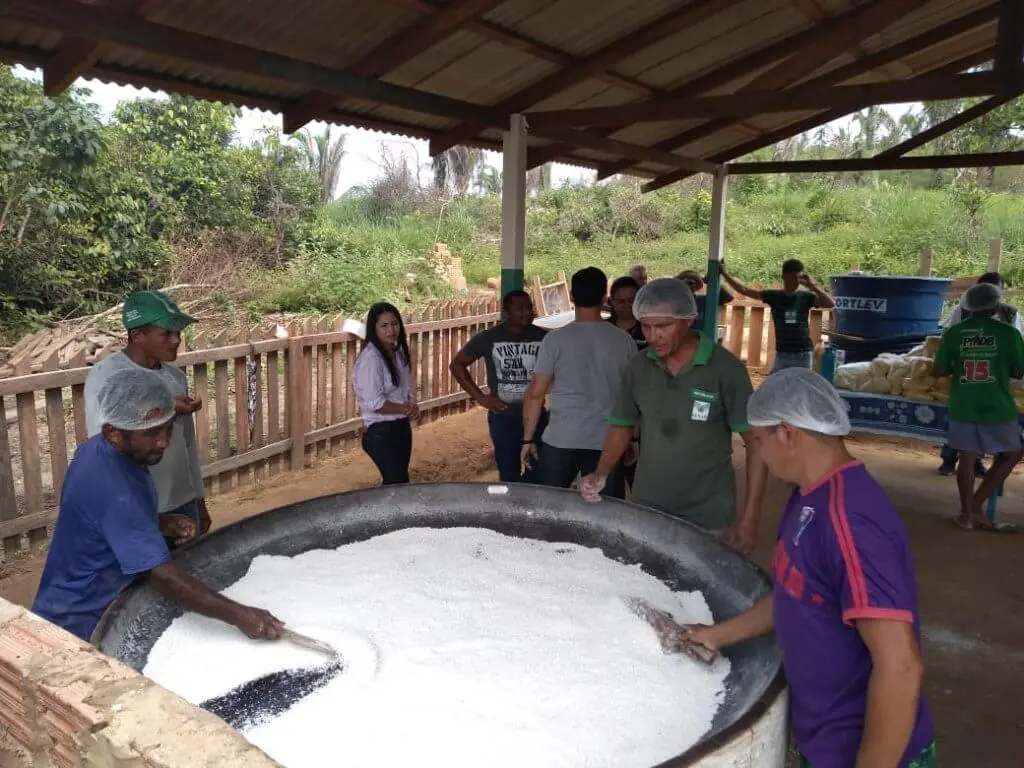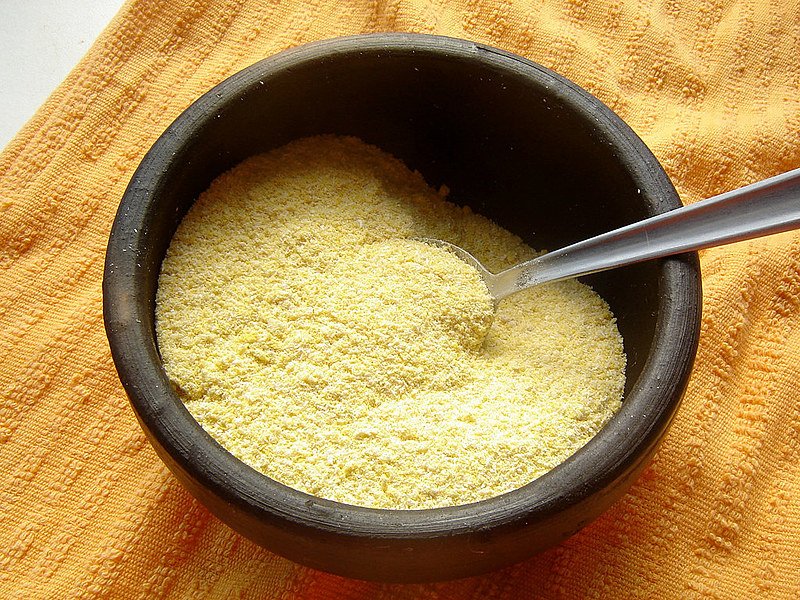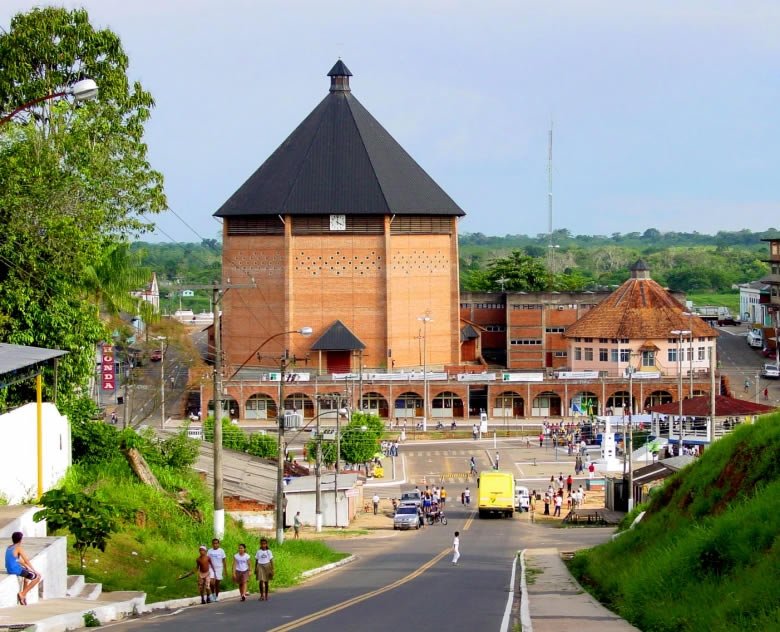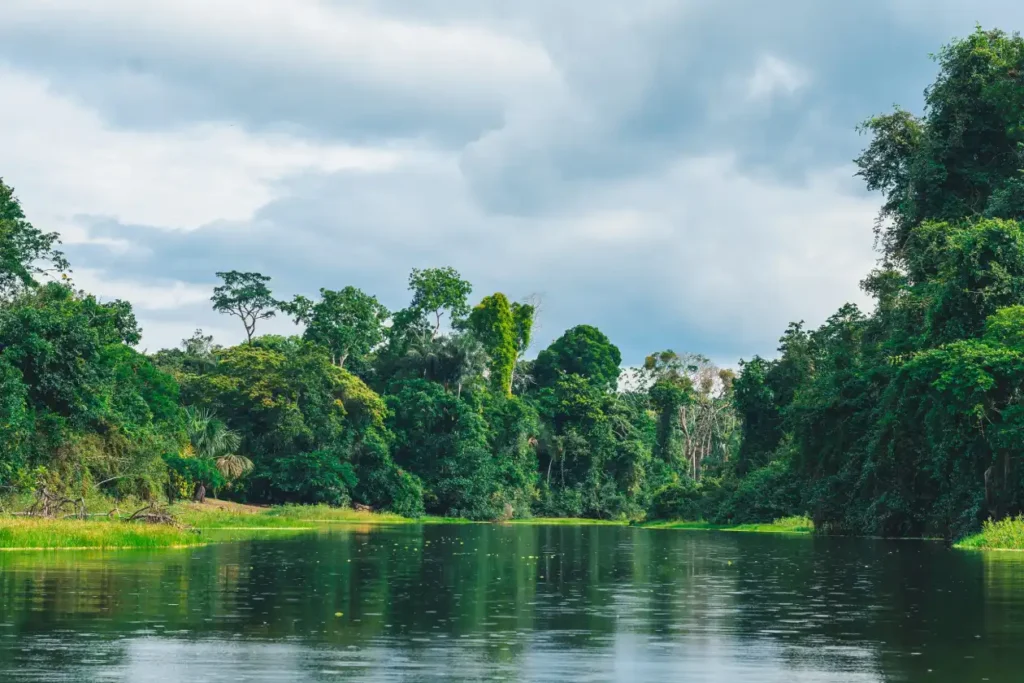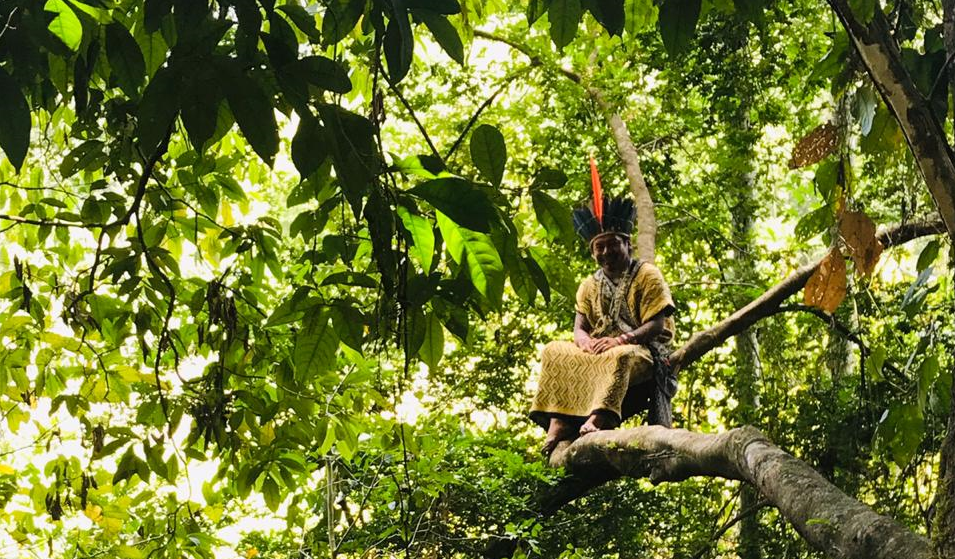Cassava and its Vital Role in Cruzeiro do Sul, Acre
Cultural Heritage
The Importance of cassava flour for Cruzeiro do Sul is a tradition deeply rooted in the Amazon region. It not only feeds local tables, but is also intrinsically linked to the cultural identity of the community. The flour production process, from harvesting the cassava to grinding and roasting, is passed down from generation to generation, keeping local traditions alive.
In this Amazon region, cassava is not just a food; it is the basis of many traditions, typical dishes and even the economy.
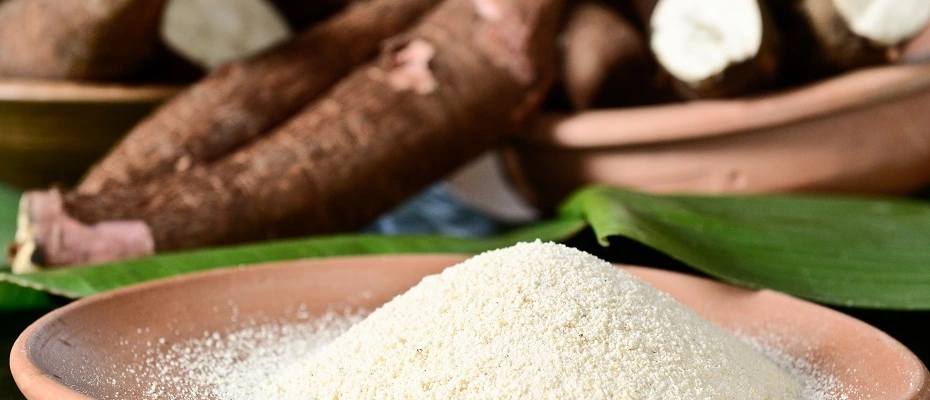
Food Sustainment
In Acre cuisine, cassava flour is a versatile and fundamental ingredient in several typical dishes. It is used as an accompaniment to the traditional “pirão”, prepared as “farofa” to enrich the flavor of dishes, or even as the main ingredient in delicious regional delicacies, such as “tapioca”. Its versatility in local cuisine makes it an unparalleled element in the population’s diet.
Economic Impact
In addition to its cultural importance, the production of cassava flour plays a significant role in the economy of Cruzeiro do Sul. Many local families depend on the production and sale of this flour, maintaining an artisanal and sustainable tradition that values the region’s natural resources.
Family farming maintains tradition and, at the same time, offers a significant source of income, valuing natural resources and boosting the local economy.
Environmental Conservation
The cultivation of cassava for the production of flour also contributes to environmental preservation. Family and sustainable agriculture encourages practices that respect nature, maintaining local biodiversity and contributing to the conservation of natural ecosystems.
Cassava flour is much more than just a food in the Cruzeiro do Sul region, in Acre. It is a symbol of cultural identity, a base in local cuisine, an economic livelihood and an example of how tradition and environmental preservation can go together.
